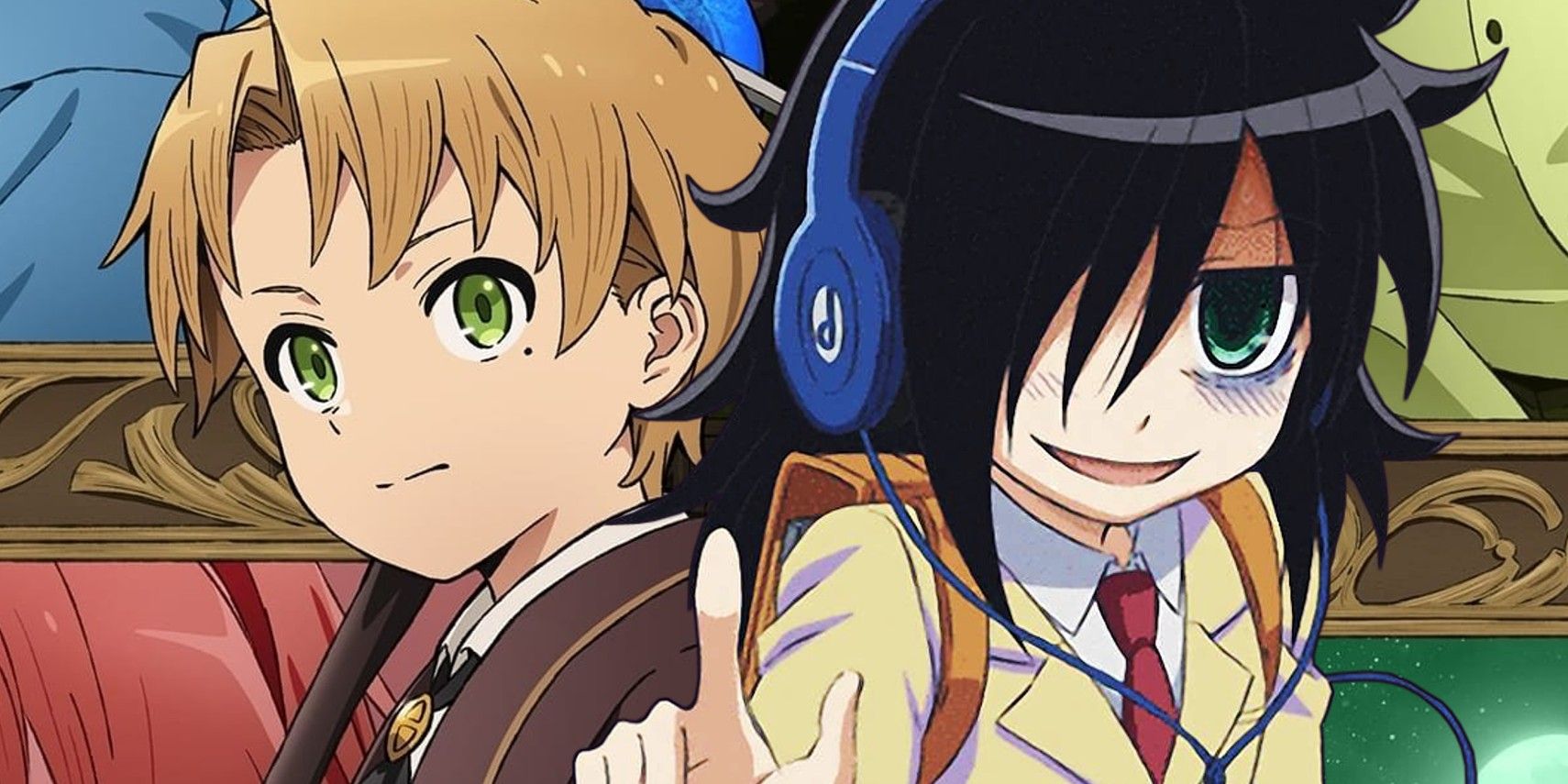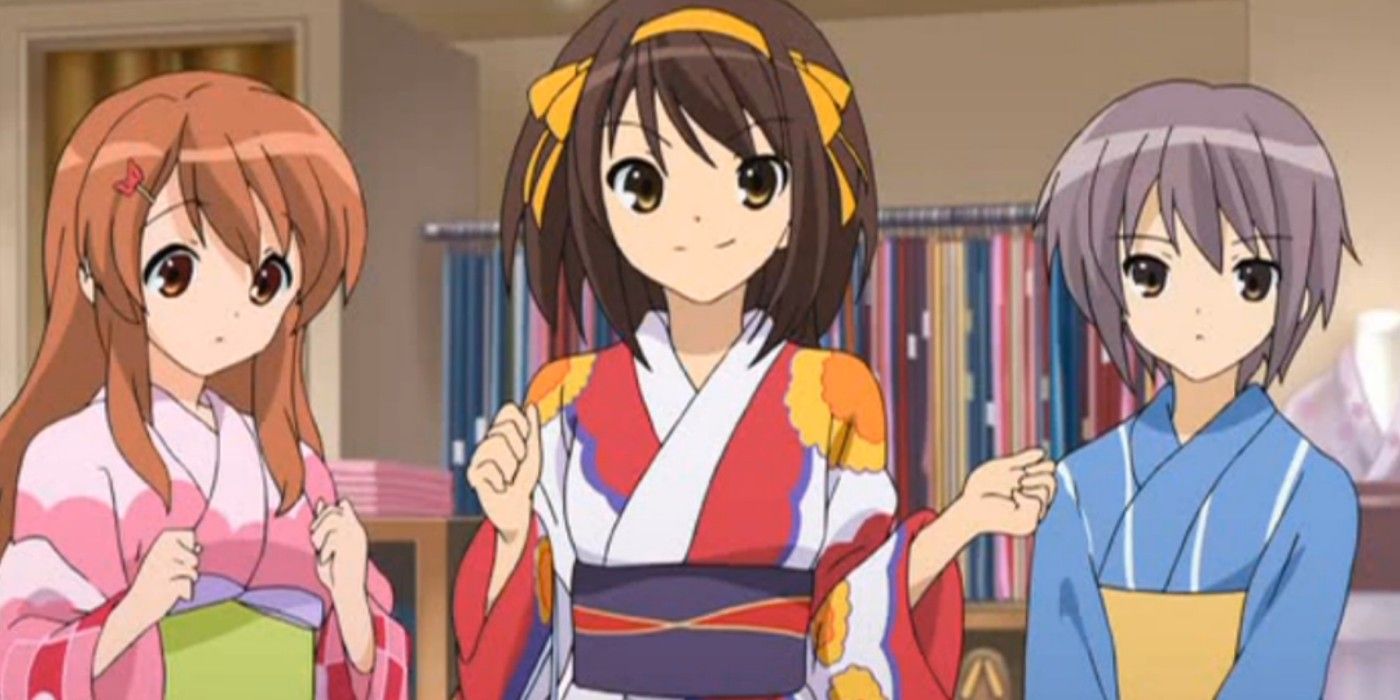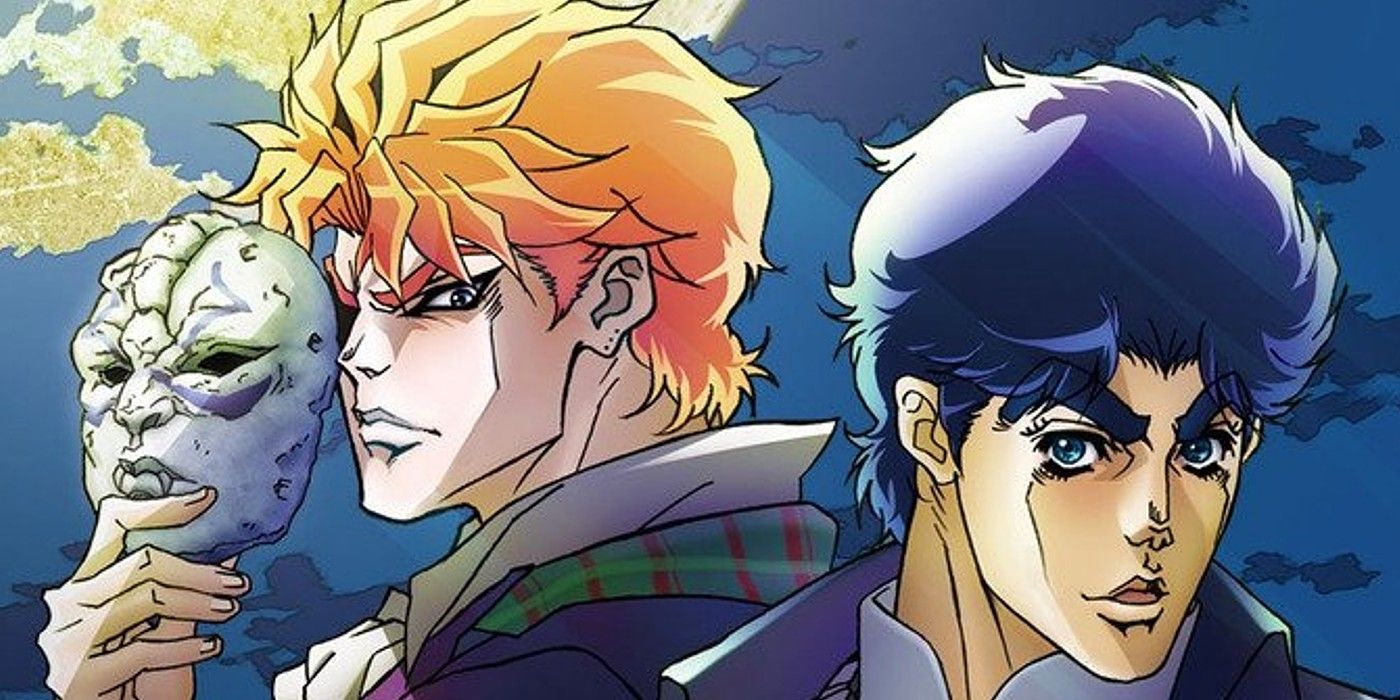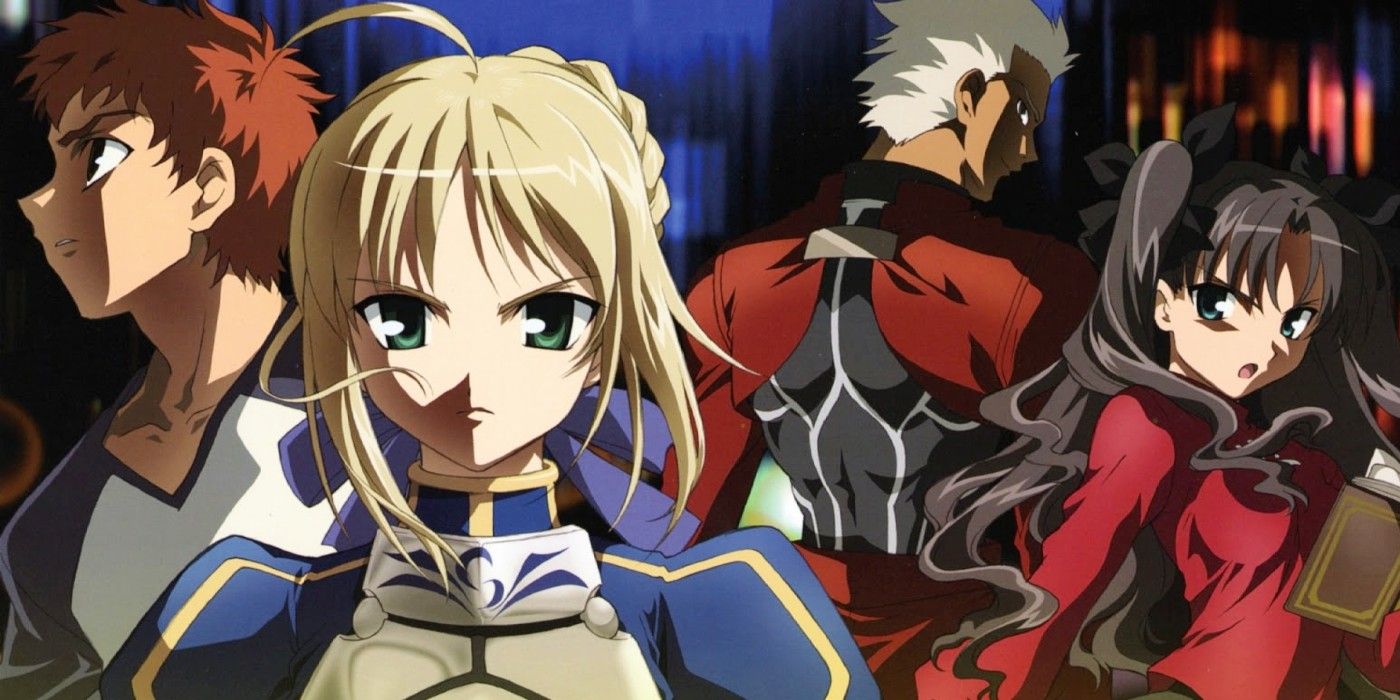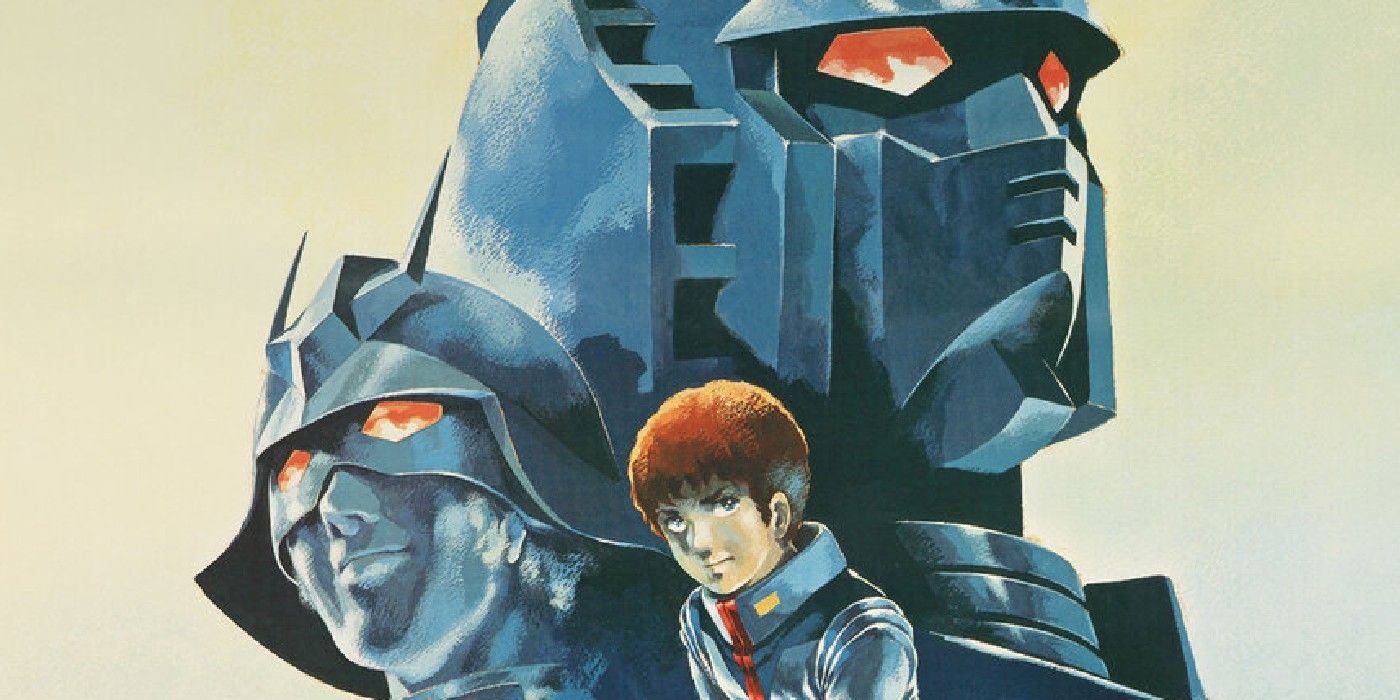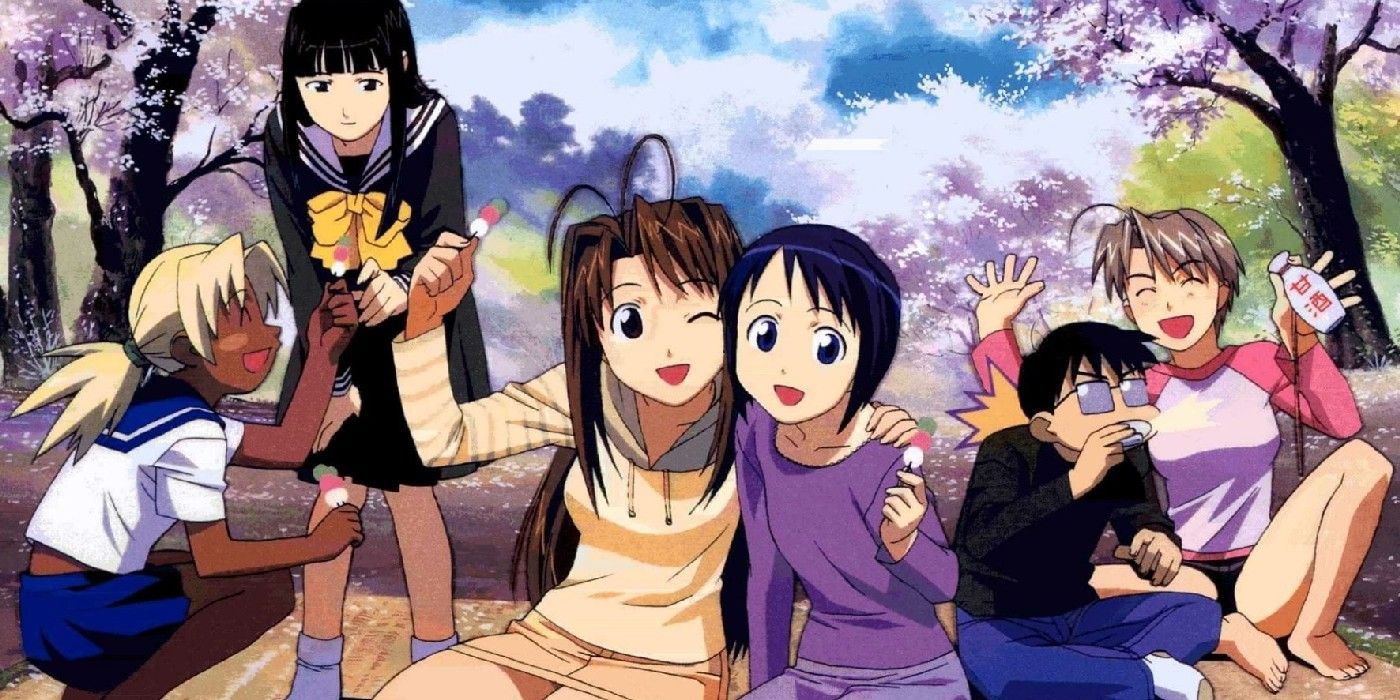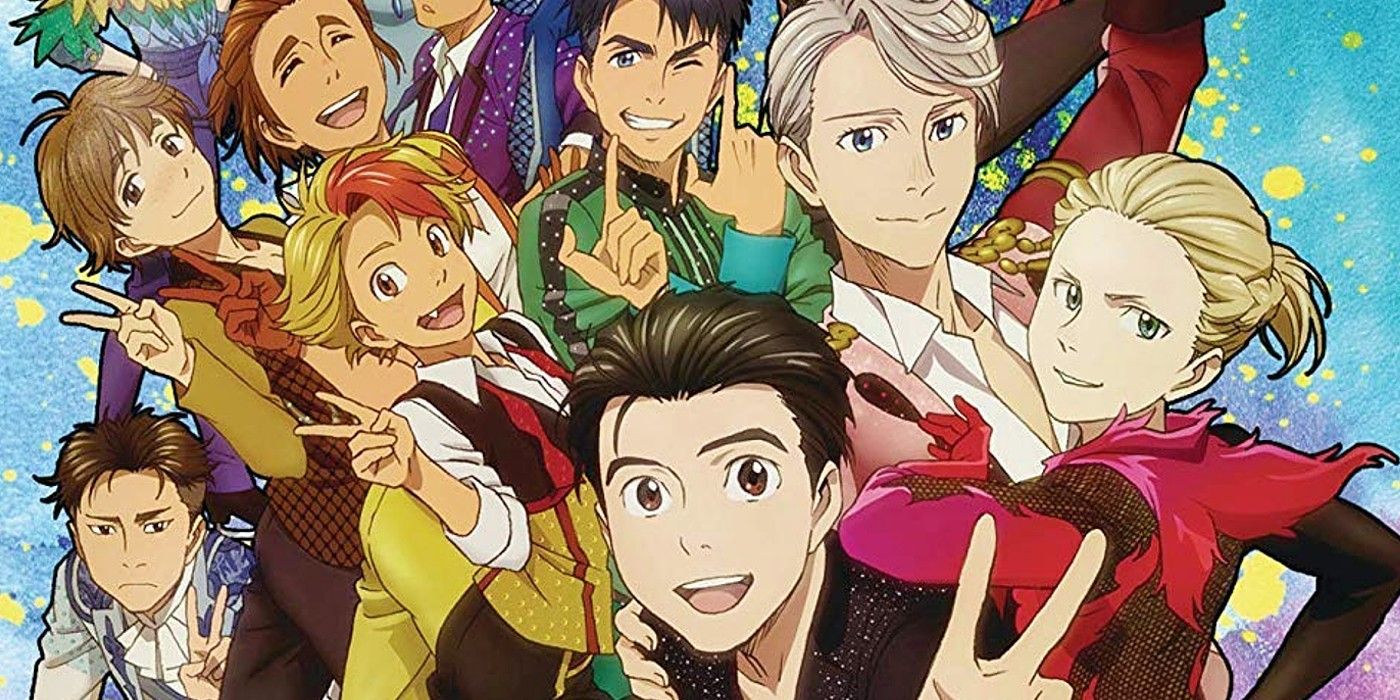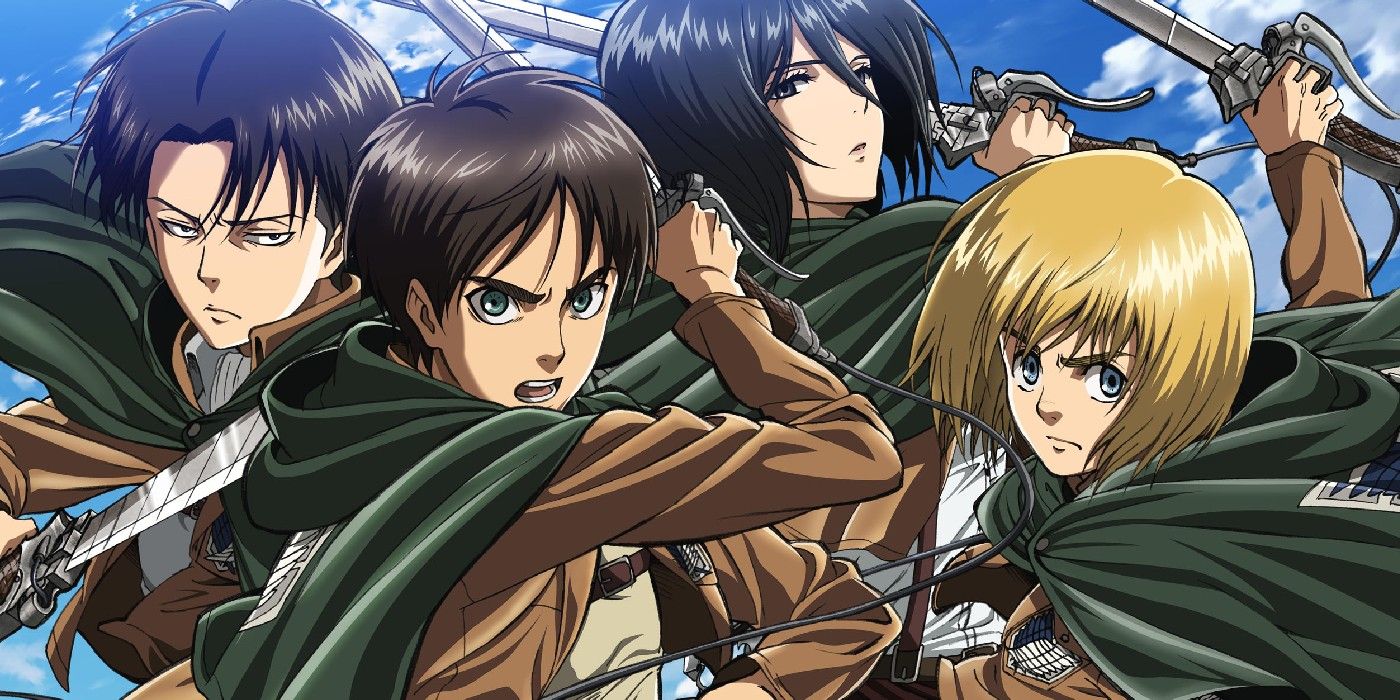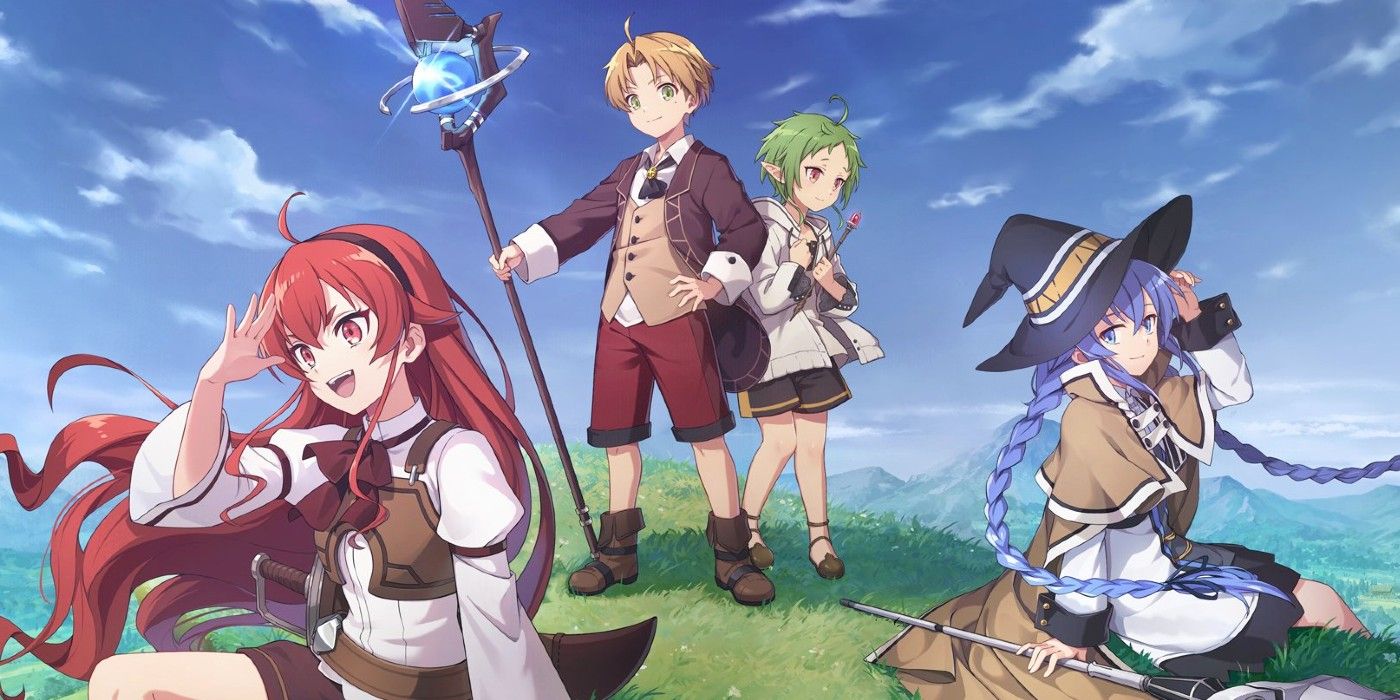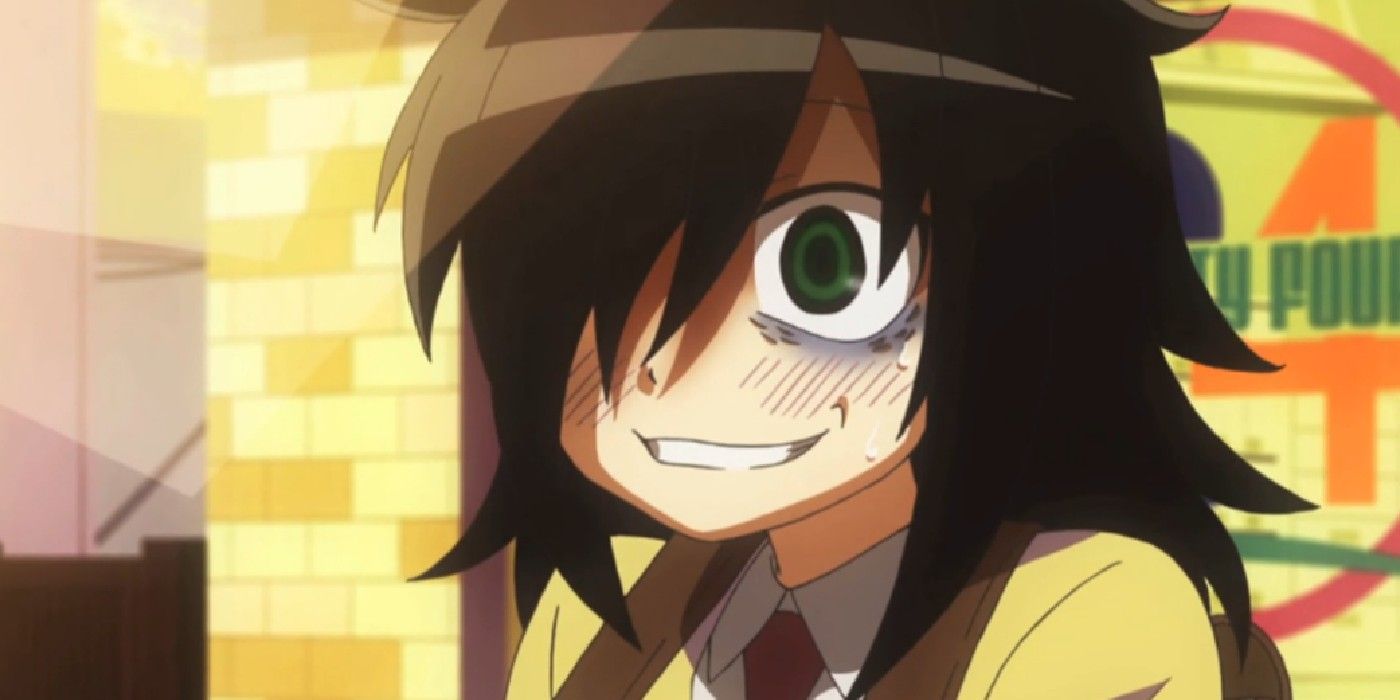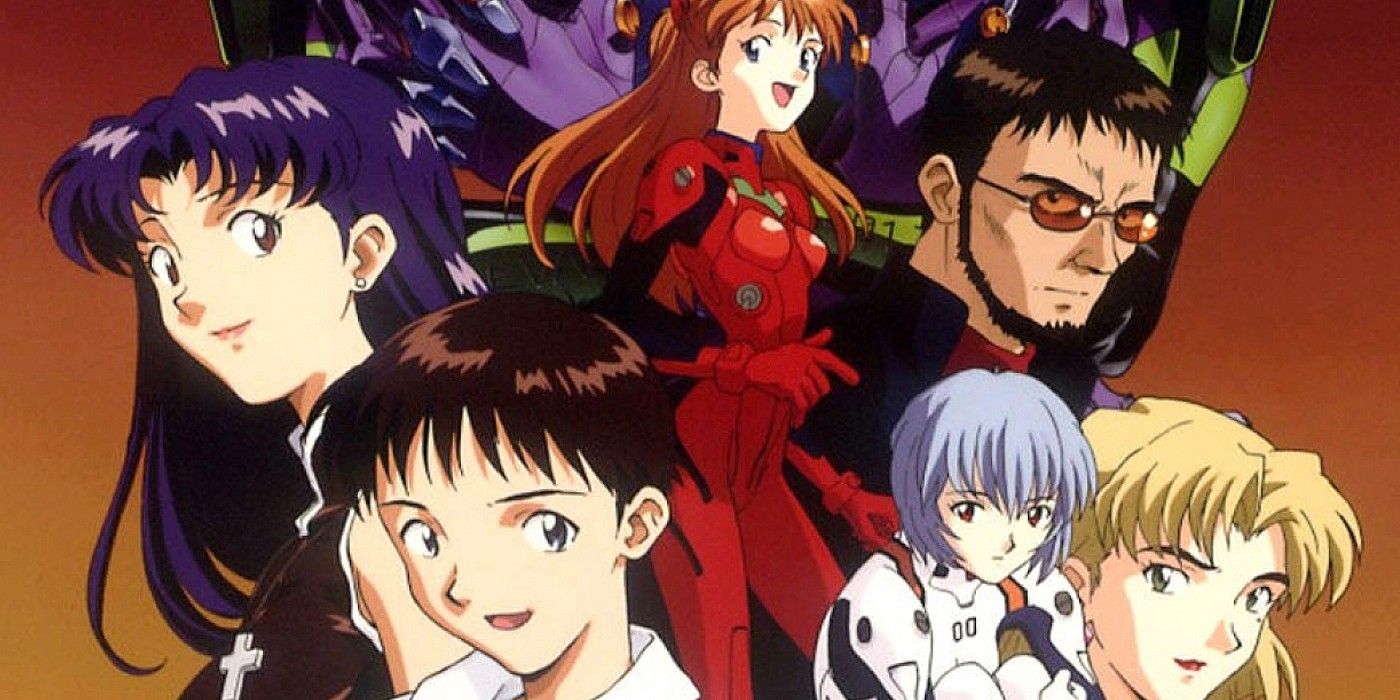Every now and then, an anime series will take the world by storm and impress even the most jaded critics. Unfortunately, an anime's stellar critical reception and reviews don't always translate to the same love from casual viewers and fans.
Critics and fans rarely agree on anything, but in the cases of these titles, the dissonance is very pronounced. This isn't a simple case of differing preferences, but a clear visualization of how the criteria for a "good" anime is not set in stone.
10 The Melancholy Of Haruhi Suzumiya's Endless Eight Was Too Repetitive
The infamous Endless Eight arc arguably undid all of The Melancholy Of Haruhi Suzumiya's popularity overnight, but it's been somewhat vindicated by time. In hindsight, critics praised the eight-episode time loop for taking the creative risk to make audiences experience the same confusion and frustration that Kyon and Yuki felt.
However, few fans shared this retroactive appreciation. For them, watching the same episode eight times wasn't just insufferable, but detrimental to an otherwise great story's pacing. Even with The Disappearance Of Haruhi Suzumiya giving the anime a great finale, fans still blame the Endless Eight for killing Haruhi's once-unstoppable hype.
9 JoJo's Bizarre Adventure: Phantom Blood Tends To Be Skipped Over
Given its anthological nature, watching JoJo's Bizarre Adventure chronologically isn't a necessity for some. That being said, JoJo's fans either jokingly or seriously recommend skipping Part One. While not bad, Phantom Blood is seen as the series' weakest chapter since it's a period melodrama that doesn't even have the series' signature Stand fights.
Critics, conversely, feel Phantom Blood isn't just good on its own, but absolutely necessary to appreciating all of JoJo's. The arc didn't just introduce the Joestar bloodline's origins but established their generations-long blood feud against Dio Brando, whose return in Stardust Crusaders would resonate more with those who finished Part One.
8 Fate/Stay Night Is Viewed As The Nasuverse's Weakest Link
Due to The Nasuverse's sheer size and scale, deciding which of the many Fate anime is the "definitive" one is an exercise in futility. That being said, fans agree that Studio DEEN's adaptation of the Fifth Holy Grail War is the series' weakest story and worst animated. In fact, some recommend skipping it and starting with Fate/Zero instead.
This, however, wasn't always the case. Fate/Stay Night was the franchise's first anime, and it was a massive hit upon release. The anime's success led to sequels, spin-offs, and even remakes, all of which benefited from better production value. When contrasted to Ufotable's work on Unlimited Blade Works and the like, the original Fate lost its luster.
7 Mobile Suit Gundam Is Often Dismissed As An Outdated Relic
The mecha anime genre would not be what it is today without the critically-acclaimed Mobile Suit Gundam, which didn't just codify the real robot subgenre but influenced all of the mecha fiction that came after it. Though mecha fans recognize the watershed series' importance, it will take a lot of convincing to get them to watch Amuro Ray and Char Aznable's first clash.
As far as modern audiences are concerned, the 1979 anime is an artifact of its time that didn't age too well. Besides its dated animation, many of Mobile Suit Gundam's ideas and stories were retold better by succeeding anime - including other Gundam titles. In fact, Zeta Gundam tends to be the nostalgic Gundam anime of choice.
6 Love Hina Was Really A Product Of Its Time
Today, Love Hina is looked down upon for aging terribly. When the anime isn't lambasted for being as clichéd and transparently wish-fulfilling (as harem anime tend to be), it gets accused of making light of domestic violence. Believe it or not, there used to be a time when Keitaro Urashima and his girl friends' hijinks were critical darlings.
It may be hard to remember now, but Love Hina was the most influential harem anime of its time. The modern harem anime owes its existence to the once-critically acclaimed Love Hina, which defined its archetypes, standards, and tropes. Now that other harem shows improved its formula, Love Hina pales in comparison to its successors.
5 Yuri!! On Ice Was Accused Of Being Overhyped
Yuri!! On Ice was practically a trend of its own in 2016. The hit sports anime didn't just popularize ice skating like never before, but it was widely regarded as one of the biggest steps forward for gay representation in mainstream media. While critics praised Yuri Katsuki and Victor Nikiforov's love story, others didn't think it was worth the hype.
The anime's harshest criticisms came from dedicated yaoi fans, who saw it as a weak BL (boys' love) story that pulled its punches. For example, Yuri and Victor's kisses were almost always never fully shown because of convenient obstructions. Others wished Yuri!! On Ice addressed specific LGBTQ+ hardships, which they felt were glossed over.
4 Attack On Titan Can Be Read As Militaristic Propaganda
It goes without saying that Attack On Titan is one of the last decade's most important anime. Not only was it a mature breath of fresh air that premiered during the peak of isekai shows, but it was the anime that solidified the medium's place in the global mainstream. The more people watched it, though, the more of its perceived flaws surfaced.
While critics upheld Attack On Titan's creative and historical significance, harsher anime fans dismissed it as a clone of better war stories like Gundam at best and fascistic apologia at worst. It's almost impossible to separate the Survey Corps' actions and ideals from mangaka Hajime Isayama's nationalistic politics, which is a major turn-off for some viewers.
3 Jobless Reincarnation's Unfortunate Implications Are Hard To Ignore
Jobless Reincarnation (or Mushoku Tensei) is considered to be the grandfather of the isekai genre, as the original light novels codified the formula and laid the foundations of the modern isekai story. This glowing reputation applied to the anime as well, with critics loving Studio Bind's amazing animation and the compelling characterizations and stories that unfolded.
However, the story's protagonist, Rudeus Greyrat, caused an uproar among viewers. In brief, Rudeus is a 30-something adult inside the body of a boy. Rudeus would often act on his old self's perverted tendencies, which became more disturbing when they were performed by a child. Some chalked this to the material's age, while others weren't having it.
2 WataMote Was Difficult For Hardcore Anime Fans To Watch
Slice-of-life anime starring otaku like Wotakoi: Love Is Hard For An Otaku are usually hits with anime fans, especially if they portray their nerdy heroes positively. WataMote (or No Matter How I Look At It, It's You Guys' Fault I'm Not Popular!), meanwhile, did the opposite with Tomoko Kuroki, and its reputation suffered as a result.
If critics admired WataMote's refusal to pander to otakus' ego and interests by being painfully realistic, anime fans disliked Tomoko as a harsh representation of themselves. While some saw Tomoko as a mean-spirited caricature of otakus, others felt that she struck a very personal nerve, making it impossible for them to watch more than one episode.
1 Neon Genesis Evangelion Can Be Impenetrable To Mainstream Viewers
Neon Genesis Evangelion is, without a doubt, one of the most polarizing works of fiction ever conceived. While critics loved its philosophically-charged and surrealist deconstruction of the mecha anime, an equally vocal group of mainstream viewers hated it for the exact same reasons. In brief, Evangelion was pretentious to its detractors.
Evangelion's movies only exacerbated the debate, as they refused to give audiences the mecha story they thought was promised by its first few episodes. Not helping was how showrunner Hideaki Anno used his show to deal with his own personal problems - a creative choice critics praised, but one that was dismissed as self-indulgent by others.

